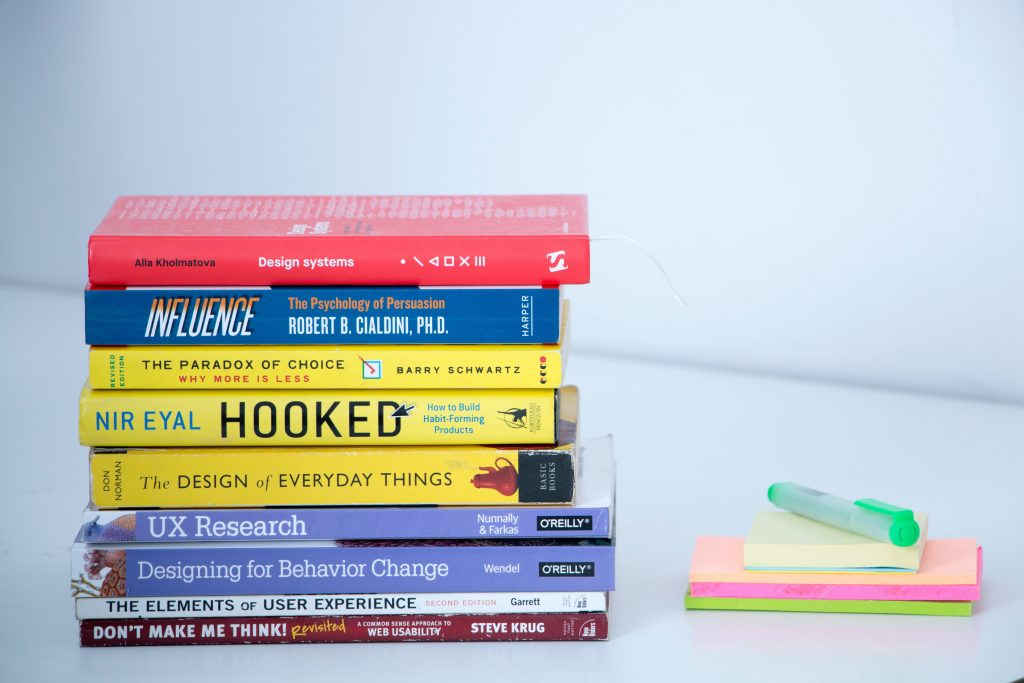Action Research
Together with our community, we learn and study ways to change systems through awareness. Our goal is to help create lasting and sustainable change.
As a community of professionals deeply rooted in the principles of action research, we recognise its profound impact on awareness-based systems change. We’ve witnessed firsthand the hurdles faced by both established and startup businesses, as well as within the financial services and healthcare sectors.
Our observations underscore the transformative power of enhanced health literacy during the pandemic — not only in elevating individual lives but also in alleviating the pressures on our already-strained healthcare systems on the African continent.
We are dedicated to the exploration and comprehension of awareness-driven systems transformation. Our commitment extends to collaborating with individuals eager for enduring change, be it on a personal level, within their communities, or in the organisations they lead or serve.
Through action research, we aim to bridge the gaps of understanding and instigate meaningful, lasting change.


Progress is impossible without change, and those who cannot change their minds cannot change anything
~ George Bernard Shaw
Our Thinking Partners






Catalyst For Change

What is action research?
Imagine you're trying to make the best paper airplane, but it doesn't fly very well the first time... Action research is like this: Spotting the Problem: You notice the airplane doesn't fly straight. Making a Plan: You think, "Maybe if I fold the wings differently, it'll fly better." Trying It Out: You fold the wings in a new way and throw the airplane. Watching: You see if the airplane flies better this time. Thinking About It: If it flies better, great! If not, you think about what else you can change. Making Changes: Based on what you saw, you might tweak the airplane a little more. Then you throw the airplane again, watch how it goes, and think about more changes. You keep doing this until you get the best airplane! So, action research is like trying to make something better by testing and making changes, then testing again. Just like perfecting your paper airplane. In essence, action research is a practical approach used to bring about positive change and improvements in various contexts, based on reflection and iterative action.

Why use action research?
Action research is used to identify and solve problems with critical thinking that harnesses collective intelligence. It is Participatory: Often involves those who are affected by or are a part of the issue, ensuring their perspectives are considered. It is Collaborative: Researchers often work together with participants rather than in isolation. It is Practical and Contextual: It focuses on real-world problems and solutions in a specific setting. It is Improvement-Oriented: The primary goal is to enhance practices or address issues rather than merely to build theory.

How can it be used?
Action research is used for various purposes across different fields, primarily to improve practices, address issues, and promote understanding. Some of the main uses include: Improving Educational Practices: Educators use action research to refine teaching methods, curricula, and classroom management strategies. They aim to enhance student engagement, learning outcomes, and the overall educational experience. Professional Development: Professionals in various fields employ action research to reflect on their practices and make improvements. It helps them stay updated, evolve their techniques, and offer better services or solutions. Community Development: Action research can be a tool for community leaders and members to address community issues, such as public health concerns, housing, or local governance, by involving the community in both identifying problems and crafting solutions. Organisational Change: Within businesses and organisations, action research can be used to identify inefficiencies or issues and to implement changes to improve organisational culture, productivity, or workflows. Participatory Research: Action research can empower marginalised or underserved populations by involving them in the research process, ensuring that their perspectives and needs are taken into account when addressing problems affecting them. Promoting Reflection: It provides a structured approach for individuals or groups to reflect upon their actions, understand the consequences, and make informed decisions for future actions.
Recommended Reading
In our community, we strongly believe in nurturing a growth mindset, which is why we have a dedicated Recommended Reading section. This carefully curated collection of books, encompassing titles that have inspired long-lasting change and transformational experiences, serves as a cornerstone for self-development and mastery. We understand that embracing a growth mindset is just the beginning; the real magic happens when these learnings are applied in real life. Therefore, alongside our reading recommendations, we offer opportunities for our members to engage and apply these insights through various programs and workshops. This holistic approach ensures that our community members can not only absorb valuable knowledge but also actively develop and refine their mastery in the vital areas of change, transformation, and self-development.


Leading from the Emerging Future: From Ego-System to Eco-System Economies by Otto Scharmer
This visionary book that offers profound insights into transformative leadership and systemic change. Scharmer, a senior lecturer at MIT and co-founder of the Presencing Institute, introduces the concept of Theory U, a framework for leaders and organizations to connect to their highest future possibility and transform from within.

Positive Intelligence" by Shirzad Chamine
This transformative book offers a compelling approach to enhancing mental fitness. Chamine's work, grounded in the fields of positive psychology and neuroscience, presents the concept of mental fitness as a measurable and improvable ability to respond to life's challenges with a positive rather than negative mindset.
